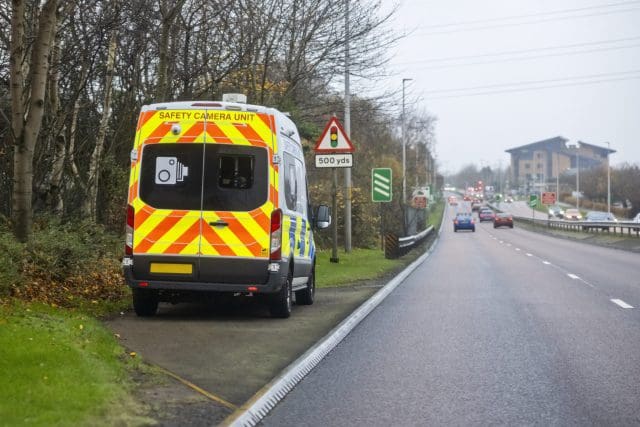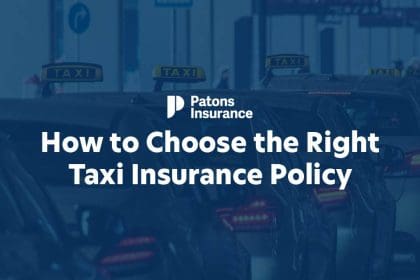Taxi drivers and other motorists are being targeted by unmarked speed traps after a rise in the number of serious and fatal crashes.
Police in Northamptonshire are ditching high-profile camera vans and are using unmarked vehicles to catch drivers breaking the speed limit.
The force says the move is in response to an increase in the number of fatal crashes on its roads. It said that in 2021, serious crashes in the region led to 29 fatalities and 280 people suffered life-changing injuries. Even more worrying is that last year, there were 40 fatalities, so it is understandable that police are taking action.
Like other forces, Northamptonshire Police had previously used highly visible marked vans to catch speeding drivers and hopefully deter others. But the rise in the number of serious and fatal crashes has led them to rethink their strategy and opt for the unmarked camera vans which will operate in areas where there have been collisions and concerns about driving standards.
While having marked camera vans on the side of the road makes everyone slow down when they see them, as soon as they are out of range, most people tend to put their foot down and drive as normal.
But by using unmarked vans, drivers won’t be able to spot them as easily and the aim is to make them stick to the speed limits more often and make the roads safer.
Since lockdown, there has been a noticeable decline in driving standards in general and speeding has become more of an issue. Police forces across the country know that speed kills and it is a message they try to get across to motorists every day.
Accidents do happen, but at slower speeds, the risk of death and serious injury is dramatically reduced.
And police in Northamptonshire are particularly targeting those who behave irresponsibly on the roads, with little regard for others.
Superintendent Jen Helm told Taxi Pint: “I can tell you that in the past 12 months, 44 people have died on our roads.
“That is 44 parents, friends, siblings, partners, and children who have left the house on a perfectly normal day and just didn’t come home. We know poor driver/rider behaviour plays a large part in these deaths and we know it is on the increase.
“I know the majority consider everyone getting home safe as more important than travelling the extra 10 miles an hour over the speed limit or checking their mobile phones while driving, but sometimes people lose focus.
“However, there are those who chose to deliberately drive or ride irresponsibly or illegally on our roads when they think they can get away with it. This is what the unmarked enforcement van is designed to tackle.”
While they are understandably setting their sights on excessive speed as well as drivers using mobile phones, not wearing seatbelts and dangerous driving, other drivers who only slightly exceed the speed limit may also end up with points on their licence.
Roads are designed with speed limits in mind and those who break them even slightly can find themselves being unable to stop in time to avoid hitting another vehicle that is turning or has to brake suddenly, it is also important to keep in mind vehicle safety.
A fine or prosecution for speeding can impact the taxi insurance premium a driver pays. Whether they have private hire insurance or public hire insurance, adding points to a licence tells insurers they are higher risk of being involved in a collision that will result in a claim.
Safety is the most important thing on our roads and hopefully the unmarked vans will help cut speed and reduce the number of serious crashes.
If it is a success, it would make sense to introduce it in other forces across the country.




